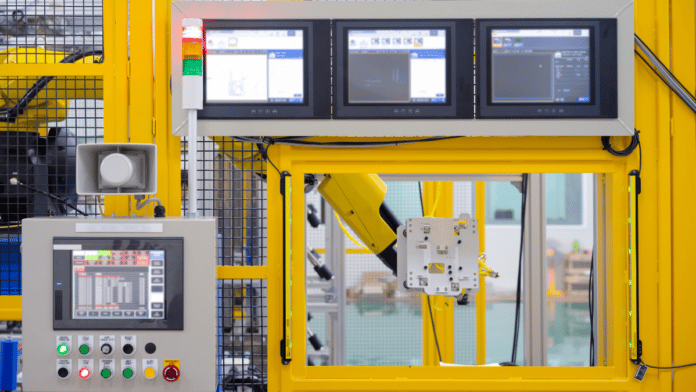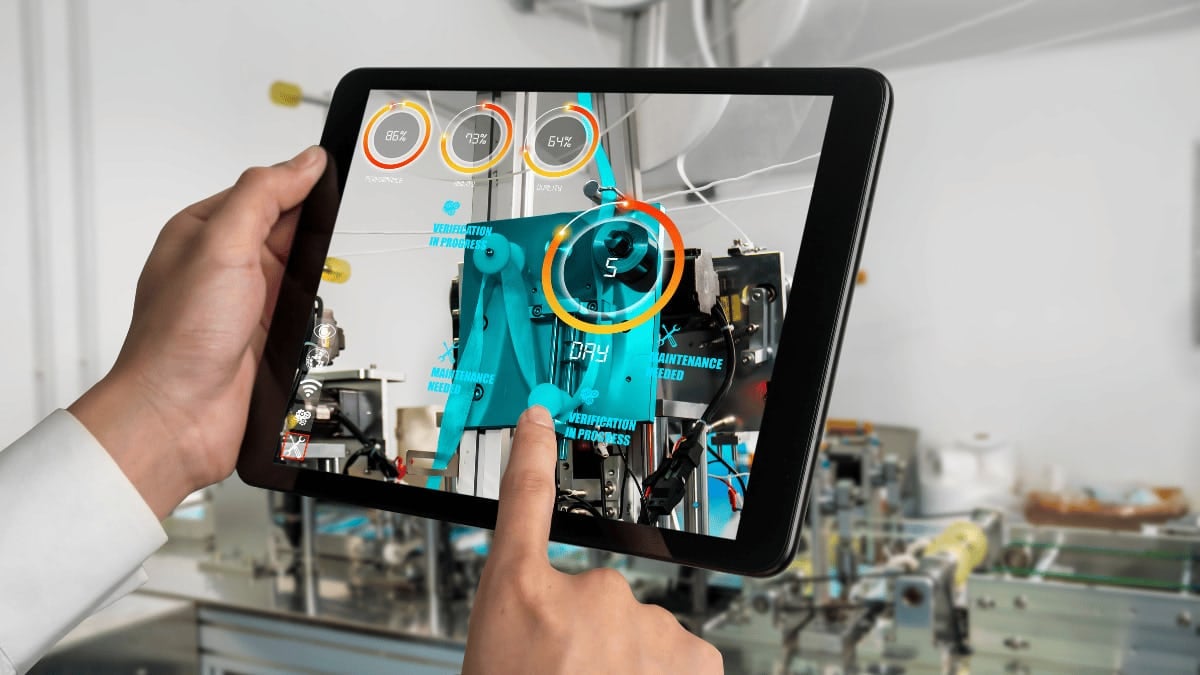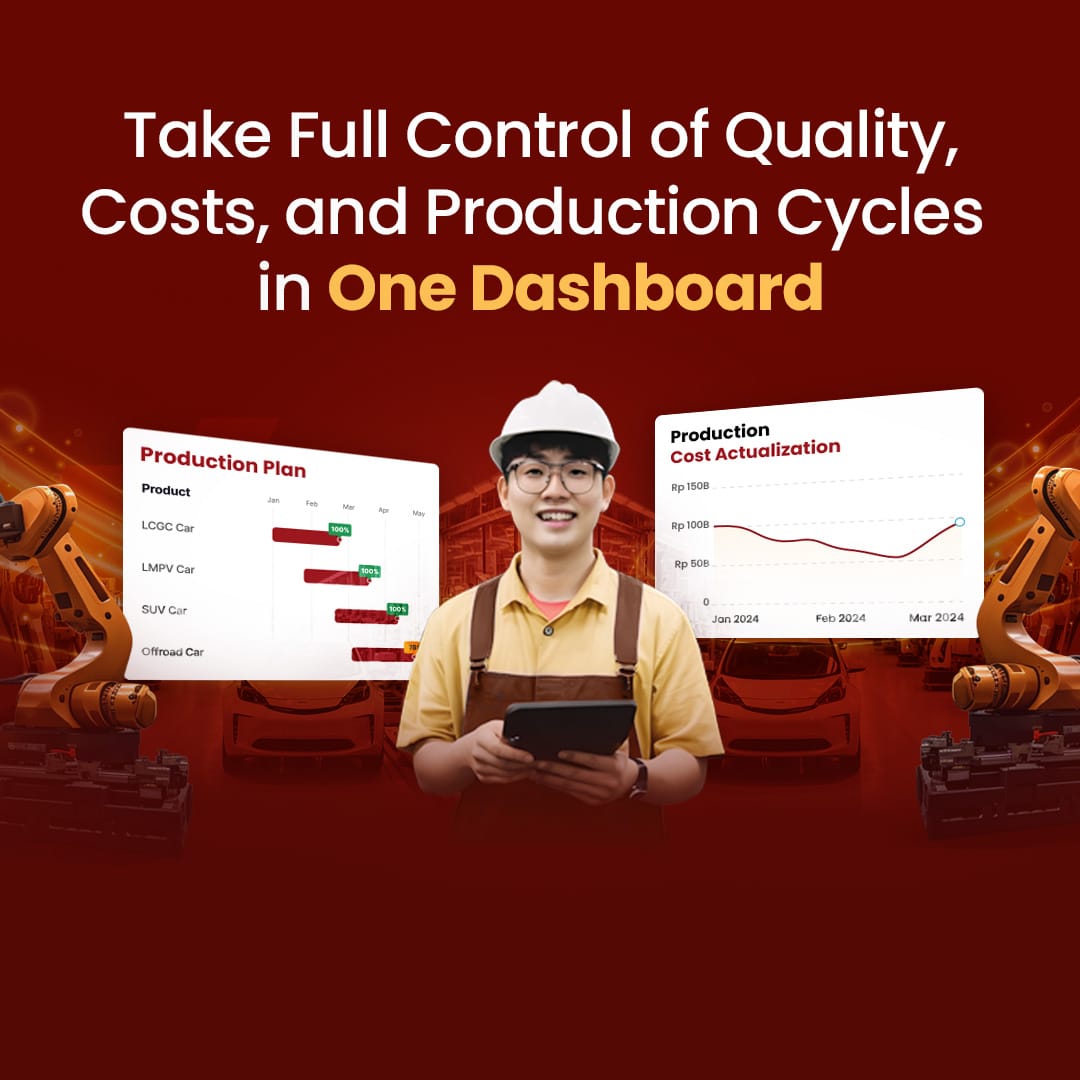The best manufacturing application factories feature a number of complex processes, all of which are equally necessary for a business to thrive. Visibility into all these factors is nearly impossible without the right tools, provided by industrial software. Many manufacturing industries have used Complete manufacturing applications to increase productivity and profitability. Choosing the best manufacturing ERP application system for your business may be difficult. Here are the seven essential elements of enterprise resource planning manufacturing software that will enhance the functionality of all enterprise processes.
Table of Content:
Table of Content
Table of Content
- Manufacturing Execution
- Supply Chain Management
- Effective Distribution Requirement Planning
- Active Quality Control
- Complete Process Automation
- Well-Defined Project Life-Cycle Management
- Financial Management
- Production Management
- Estimated Production Cost
- WIP calculation
- Gantt Chart Display
- Routing Management
- Bill of Materials (BoM)
- PPIC Management
- OEE Management
1. Manufacturing Execution
Manufacturing application feature of execution is a feature that can assist decision makers in managing output as efficiently as possible. This is an important element to look for among the available production execution capabilities:
- Material Requirements Planning. This capability enables efficient management of manufacturing operations such as production planning, scheduling, and also inventory control.
- Traceability. Tracks the location or application of materials, parts and products and also logs them.
- Bin Administration. This capability allows companies to assign bin numbers to materials, parts, and products, allowing them to be tracked and monitored to improve inventory accounts as well as production schedules with a comprehensive system such as HashMicro’s Inventory Management Software.
- Inventory control. These elements provide a clear picture of the ongoing movement of materials and goods into and out of the organization.
Also read: Why Business Should Implement HashMicro’s Manufacturing Application?
2. Supply Chain Management
The manufacturing app includes detailed monitoring of supply chain information, including both supplies entering the manufacturer and also products leaving the factory. These integrated supply chain management elements should be prioritized in possible ERP applications:
- Warehouse administration
This combination of capabilities enables an organization to manage the transportation and storage of commodities within a warehouse, covering processes such as shipping, receiving, picking, and also storage.
- Multi-site inventories
The majority of manufacturers have multiple warehouse locations. Some companies even have multiple manufacturing facilities. This combination of capabilities enables distribution managers to keep correct inventories at many sites.
- Planning Distribution Requirements
These features monitor numerous processes and factors to ensure that stocks are correct and appropriate for current manufacturing and distribution levels.
- Materials list
This feature enables manufacturers to create lists of parts or components associated with the manufacturing app process that includes the manufacturer’s part number in order to maintain sufficient quantities of these items to ensure uninterrupted manufacturing with a minimal amount of waste or unused parts.
3. Effective Distribution Requirement Planning
To forecast production needs, the manufacturing industry needs access to both historical and real-time data. This is achievable if all of your company’s data is maintained in a consolidated database offered by an ERP manufacturing app system to allow for easy and effective management. In addition, an ideal ERP manufacturing app must include modern analytics and business intelligence (BI) features to provide comprehensive monitoring for various operations in the plant to ensure that all inventories are accurate and appropriate for current manufacturing and delivery scheduling levels.
4. Active Quality Control
Quality management is one of the critical areas in a manufacturing plant that requires close attention. Manufacturing app flaws in the finished product can cost a company, not just money, but also its reputation. As a result, your ERP manufacturing app solution must have quality management tools. This would enable you to establish and actively maintain targeted standards of quality throughout the manufacturing process. Managers receive alerts whenever items fail to satisfy the criteria, allowing them to respond quickly and resolve the problem, usually before an entire lot is completed. Also read: Having a Bottleneck Problem in Your Manufacturing?
5. Complete Process Automation
Automation reduces time while also eliminating human mistakes. It contributes to the release of administrative hours that can be invested in higher-return activities. The ERP manufacturing app you use must be capable of integrating all processes in your manufacturing facility, including quality control, manufacturing, bill of materials (BOM) management, buy and sales records, stock and human resource management, and so on. The streamlined processes enable firms to have better control over all practices in their establishments by providing access to real-time data.
6. Well-Defined Project Life-Cycle Management
A life cycle exists for every manufactured product. This covers a number of steps that it goes through, from idea to manufacturing to distribution. An ERP solution with a well-defined project lifecycle management feature enables an organization to monitor and also manage all of these stages, resulting in improved product quality, lower costs, faster identification of potential sales opportunities, quality optimization, and also less resource waste, among other benefits. ERP software is more than just a system that manufacturers require to coordinate their day-to-day operations. It is a tool that provides organizations with features that allow them to remain competitive.
7. Financial Management

Software is one of the first solutions that any manufacturer wants. Users can use this system to maintain general ledgers, record financial transactions, generate reports, and more. The best financial management software should also protect your data, keep up-to-date records and also create an audit trail. This critical information is accessible to users across your organization, improving collaboration and decision making. A scalable system will easily handle changing processes as well as multiple locations and currencies as your organization grows.
8. Production Management
Production management is a structuring plan to process raw materials into products or services that are worth selling. Moreover, production management also has the task of coordinating various activities to achieve business goals. This feature can manage manufacturing time and track employee performance, material usage, and production output in a complete, accurate, and timely manner.
9. Estimated Production Cost
The entire production process indeed requires an accurate cost estimate to support smooth production. Using this feature in a manufacturing system can improve the accuracy of calculating production costs, such as the amount of raw material and labor required to make a product.
10. WIP calculation
Work in Progress or WIP is a supply chain management product that is in the completion progress but is still not complete. This term includes overhead costs, labor costs, and raw material costs incurred at each production stage. Integration with the accounting system allows the automated calculation and reporting of overall Work in Progress (WIP) cost.
11. Gantt Chart Display
Gantt chart is one of the project management methods for planning and scheduling tasks. Information on the list of tasks in the Gantt chart, including the deadlines, it will be display in the graphs. A Gantt chart gives a clear explanation of the progress of a project and prevents any project to make sure to prevent any delay. The Gantt Chart Display shows all the tasks’ details to be completed each day. So that the person in charge can monitor production performance on one screen.
12. Routing Management
The manufacturing production process depends heavily on routing because it determines how long a production process takes time. If the routing is not correct and errors still occur frequently, the manufacturing process becomes inefficient and affects production output. The routing management feature can help manufacturing companies optimize work routes during the production process. Not only that but also appoint the right PIC to ensure production goes according to plan.
13. Bill of Materials (BoM)
Bill of Materials (BoM) is a list that contains materials and all components used to manufacture a product. The BOM has all the features you need to product manufacture, from development to production. The costs listed in the BOM provide critical information for procurement and finance departments. With this BOM feature, every material and production cost can be automatically calculated using the manufacturing system. So you can create, store, and view BoMs on one platform in real-time. Furthermore, the manufacturer can determine the BoM for each material and the BoM in the finished goods bill.
14. PPIC Management
Production Planning and Inventory Control (PPIC) in manufacturing companies is in integration with the department that plans and manages the production process. Its function is so that the production process can run according to a predetermined plan. With the PPIC Management feature, manufacturing companies are able to track thousands of raw materials, WIP, and finished goods inventories. As well as optimizing the use of raw materials to match the orders quantity.
15. OEE Management
OEE (Overall Equipment Effectiveness) is a global standard for measuring manufacturing productivity in the level of machines and assets performances. Measuring OEE will provide manufacturers with the essential knowledge to systematically improve manufacturing processes. In addition, OEE can also help identify losses, measure progress, and increase the productivity of manufacturing facilities. This feature will automate the calculation of Overall Equipment Effectiveness (OEE) to avoid downtime on the machine.
Conclusion
Manufacturing enterprise resource planning (ERP) solutions are not all the same. Some manufacturing ERP companies focus on supply chain management, while others concentrate on inventory optimization. You can use HashMicro manufacturing application software to assist your business needs.
As a result, when looking for a suitable ERP vendor, manufacturers must have a defined set of requirements. Experience the free demo right now, before deciding to buy a solution! Seize the opportunity today!
























































